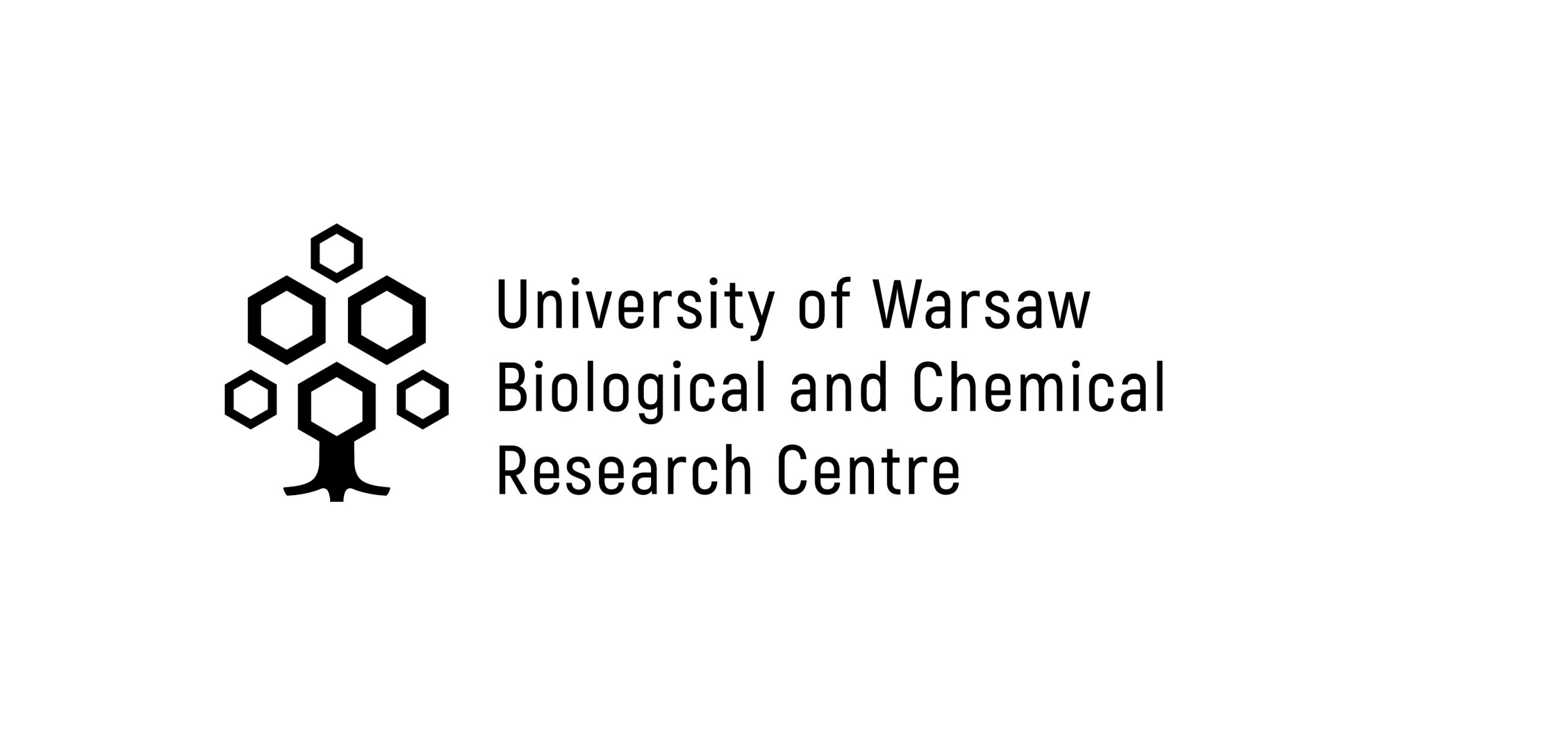Catalysis and Physicochemistry of Surface
Description of the Group
The main area of research are catalytic processes at the surface of platinum group metals, with particular emphasis on the relationship between the surface electronic properties and the catalytic activity. His laboratory develop and synthesize a wide range of catalysts, including industrial reaction catalysts, designed and optimized for particular applications. The aim of the research is to gain a better understanding of the mechanisms of catalytic reactions and to develop new, more efficient and se[1]lective catalysts for industrial applications or for applications in new, more efficient sources of electricity, e.g. fuel cells. The research group “Catalysis and phys[1]icochemistry of surface” uses, among other things, the following test equipment: surface preparation set (surface etching, suputtering, ion implantation), X-ray and UV Photoelectron Spectormeter working in Ul[1]tra High Vacuum and at elevated pressure (up to 20 mbar), fuel cell test bench (PEM with emphasiszis on DMFC/DEFC) consist[1]ing of Scribner Associates 850e allowing for DC and AC FC characterization coupled with gas chromatograph Agilent 7890A dedicated for on-line analysis of products of fuel oxidation products, potentiostats and a mass spectrometer/gas analyser to test the gaseous products of the catalyt[1]ic reactions.
Research Activities
The Laboratory of New Energy Sources is equipped with the following research instruments: Scribner Associates 850e measuring the system for research on fuel cells (integrated system for testing fuel cells, especially AFC/PEM (DMFC/DEFC) type), Agilent 7890A gas chromatograph with FID and TCD detectors, dedicated to analyses of fuels and products of oxidation formed in fuel cells. The chromatograph, together with the fuel cell testing system, allows researchers for a quantitative analysis of products of alcohol oxidation in fuel cells, depending on the catalyzer used and the working condition of the cell. Furthermore, this equipment enables an automated analysis of gas products of electrochemical reactions.
Research services
- Exploration of current-voltage characteristics of fuel cells;
- Exploration of fuel cells under working conditions – tests of durability, resistance to switching on/off etc.
- Research on new anode catalysts in fuel cells
Team Leader
Adam Lewera is employed as an assistant professor at the Laboratory of Electroanalytical Chemistry of the Faculty of Chemistry at the University of Warsaw. He is the author of 43 scientific publications in international peer-reviewed jour[1]nals from the ISI Master Journal List cited 1253 times (Hirsh index: 17). Adam Lewera is also a co-author of 7 inventions protected by 10 international patents (EU, USA and Japan), one domestic patent and 26 patent applications (5 domestic and 20 foreign). He is a laureate of the “Polish Top500 Innovators” programme of the Minister of Science and Higher Education (2013). For his scientific activity Adam Lewera received the following awards and distinctions:
- Nomination for the scientific award of the Polityka weekly in science category (2011).
- Scholarship of the Minister of Science and Higher Educa[1]tion for Outstanding Young Scientists (2010).
- Didactic Award of the Second Degree of the Council of the Faculty of Chemistry of the University of Warsaw for Non[1]Lecture Didactic Classes (2010).
- Antoni Grabowski scientific award of the Council of the Faculty of Chemistry, University of Warsaw (2009). 5. Scholarship of the Rector of the University of Warsaw (2008)
